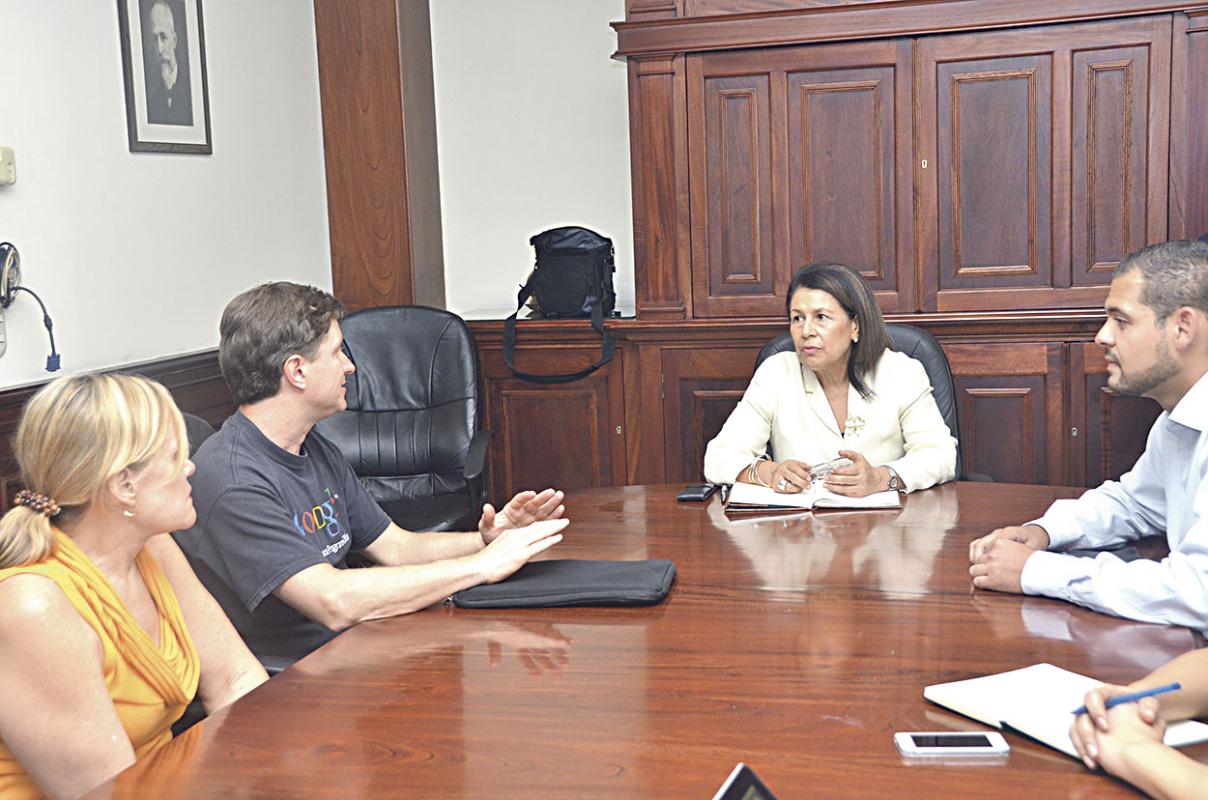Below
are some observations I have made about how adults talk to children. We can all
do better. We need to work to improve it. Some people will be thinking , "I already do these things." That may well be true but even as I work to apply these concepts daily I discover little things that I do are not helpful. Be careful and be aware is a good motto.
Talk
to children as you would talk to adults. They are a person the same as you.
When you talk to an adult as an equal they see that you are treating them with
respect and as a result they learn to trust you. They gain confidence from the
interaction and experience growth. Does this mean you stop being the adult? No.
Children will still need the guidance and support but when treated as equals
they don’t have to long to be older. They already are.
When
a situation arises with a child that bothers you stop and think: How would I
deal with this if it was an adult? Choose your words carefully. Anger is often
misused in these situations. Instead we need to look at the situation and
assess the damage. The child most likely feels guilty about it. Talk to them
respectfully will restore their confidence and help them to see that what they
did was wrong but they are capable of fixing it. If objects are broken, they
can be replaced. Breaking a child is far more damaging than anything you own.
Communicate
acceptance of the child and their ideas. Children like to ask questions. Through
these questions they gain an understanding of the world. This is the perfect
place to open communication and build your relationship. Develop and refine
their questions and then have them find an answer. Discuss the answer. You will
build their confidence at the same time as you build your relationship.
Talk
with children not at them. As adults we have a tendency to talk down to them.
We have a tendency to talk from an authority position, not as an equal. When we
talk with them we are building self esteem and creating great learning moments
for them. When we talk at them they tend to not listen and shut dot down. This
leads to further disconnect.
Poor
communication skills are the greatest disservice we do to children. When we do
not take the time to communicate with them effectively they instinctively turn
off what we have to say because it isn’t of value to them. This leads to the
constant conflict and bickering that often permeates the world around
teenagers. They become uncomfortable and wary because they are unsure of their
world, how to react and demonstrate appropriate behaviour. If we are working to
build communication in a positive way they respond more favourably.
We
need to demonstrate a positive world to our kids. It is the first step towards building
a better world. All kids need to be in this better place.






